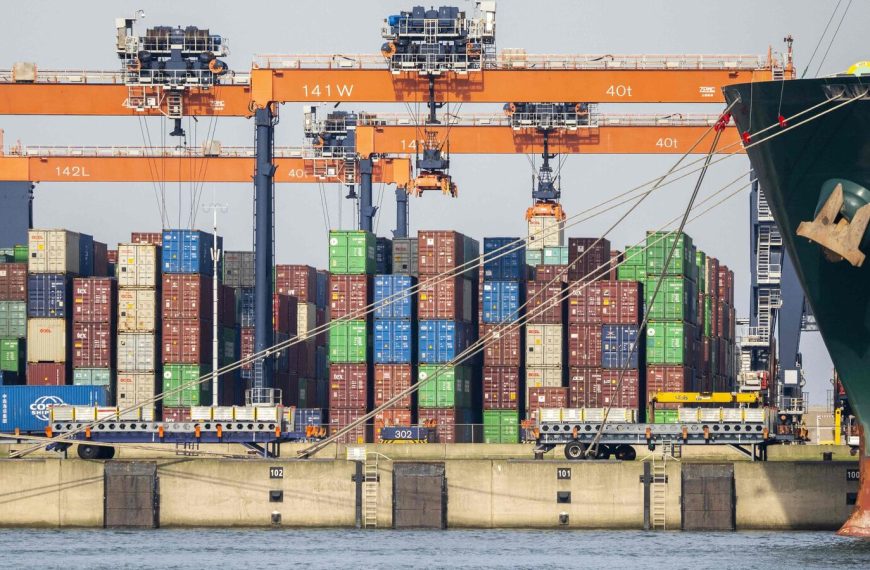In recent years, a significant transformation has occurred in the financial regulatory landscape across Europe, particularly in France. This shift is aimed at attracting private investments to stimulate the economy, as highlighted by Sourlas in a recent discussion. With regulatory changes becoming a focal point, France is set to implement new strategies to mobilize private capital, which is essential for funding pivotal investments in various sectors.
France’s Initiative to Boost Private Investment
On Thursday, French authorities unveiled their ambitious plans to create a defense fund for retail investors, targeting a remarkable €5 billion to rejuvenate the financial sector. This initiative aligns with broader European efforts to enhance the appeal of its financial markets and secure substantial private funding.
- Germany’s Leadership: Germany has taken proactive steps by lifting public debt restrictions, opening the door to potentially hundreds of billions in new investments.
- France’s Unique Position: Unlike Germany, France faces constraints due to its elevated budget deficit, which limits its capacity to rely on public funding.
Competing in the Global Market
To effectively draw in private investments, European financial markets must position themselves competitively against larger firms in the United States. Alexandra Soto, COO of Lazard Group, emphasized the need for European alternative asset managers to enhance their competitiveness in her remarks during the same panel discussion.
Opportunities for Private Markets
Thierry Deau, the CEO of infrastructure investment firm Meridiam, praised the German initiative for creating “wonderful opportunities” for private markets. He also suggested that the Autorité des Marchés Financiers (AMF) could play a more significant role in fostering private market participation by relaxing its stringent focus on liquidity in investment products.
- A Call for Change: Deau argued that the AMF’s current fixation on liquidity has hindered progress in retail investments for many years, indicating a need for a more flexible regulatory approach.
In summary, as France and Europe navigate this transformative period, the emphasis on private sector involvement could reshape the financial landscape, paving the way for innovative funding solutions that are crucial for economic growth. With strategic adjustments, European markets may well become a magnet for private capital, essential for addressing urgent investment needs.











